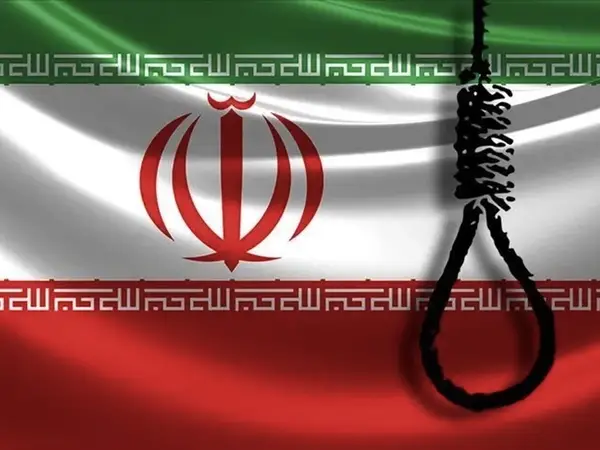A Norway-based human rights group says Iran executed 142 prisoners in May, hitting a dark record even for the Islamic Republic.
The Oslo-based Iran Human Rights Organization announced in its latest report on Thursday that the figure is the highest monthly executions since 2015, averaging five people hanged each day across the country during May.
According to the report, the regime has executed at least 307 people in the first five months of 2023, indicating a 76-percent year on year rise.
In addition to the first public execution of the year, 78 people were executed for drug-related charges, about 30 of whom were from the Baluch minority, perhaps the most persecuted community in Iran.
According to the data collected by the IHR, 59 percent – or 180 people -- of the 307 executions so far in 2023 were hanged over drug-related charges.
“As well as increasing drug-related executions, the Islamic Republic has also expanded the scope of charges it uses to carry out the death penalty by executing two people for blasphemy charges and one for adultery,” added the report.
The group reiterated warnings about the escalation of executions, calling on the international community “to stop the Islamic Republic’s killing machine with a strong reaction and practical punitive steps.”
IHR Director Mahmood Amiry-Moghaddam told Iran International, “The purpose of the Islamic Republic’s intensification of arbitrary executions is to spread fear in society to intimidate people against holding further protests, thus prolonging its rule.”
He added that “if the international community doesn’t show a stronger reaction to the current wave of executions, hundreds more will fall victim to their killing machine in the coming months.”
Amiry-Moghaddam noted that the figures announced by the group are likely much lower than the real number of executions due to the secretive nature of the regime.
He noted that the Islamic Republic is not executing people to fight crime but to guarantee its rule as the regime is facing the boldest challenge it has ever faced since its establishment. “We are talking about a regime struggling with one of its biggest crises ever; it cannot solve the problems therefore it has to intimidate people to prevent further protests, and execution is the biggest tool for intimidation” he said.
Parastou Fatemi, a human rights expert, also believes that the rise in executions is a tactic to push back protesters from streets to their homes, saying that whenever the regime faces street protests, it expedites the execution processes to instigate fear among people.
On Monday, Islamic Republic Judiciary Chief Gholamhossein Mohseni Ejei defended the hanging of protesters, saying "The [death] sentences of those [protesters] who were/are supposed to be executed for their crimes during the riots have either been or will be carried out without any consideration.”
The Islamic Republic has intensified its killing trend in recent weeks, fueling further protests across the country. At least 259 Iranians have been executed since January alone, according to the United Nations.
Amid a spike in executions since late April, on May 19, authorities arbitrarily executed three tortured protesters, Majid Kazemi, Saeed Yaghoubi and Saleh Mirhashemi who were unjustly convicted and sentenced to death in Isfahan (Esfahan).
The deaths brought to at least seven the number of protesters hanged since nationwide protests broke out in September 2022 following the death in custody of 22-year-old Mahsa Amini. The unrest posed the biggest internal challenge to the Islamic Republic since its establishment in 1979.
Earlier in March, Amnesty International said at least seven individuals in Iran face the death sentence in connection with protests, while dozens of others are at risk of being sentenced to death.
So far, around 750 civilians have been killed by security forces and at least 30,000 arrested. While many have been released, around 1,500 face criminal charges, and at least 80 detainees face the death sentence for the “moharebeh” and “corruption on earth”, Islamic-Arabic terms meaning to go against the will of God. Both carry the death penalty.
